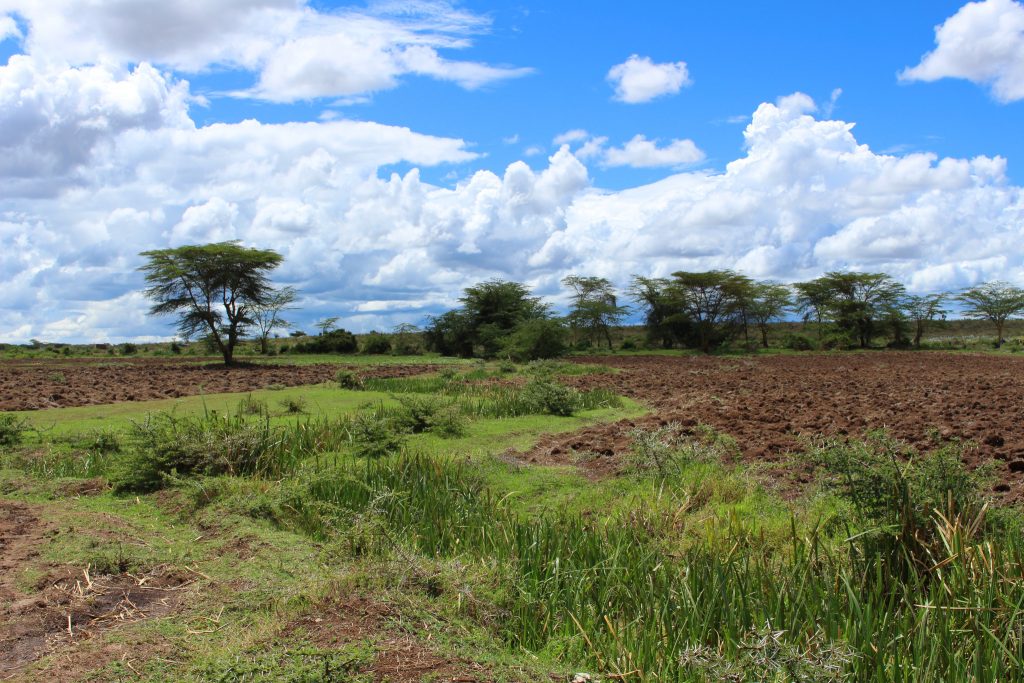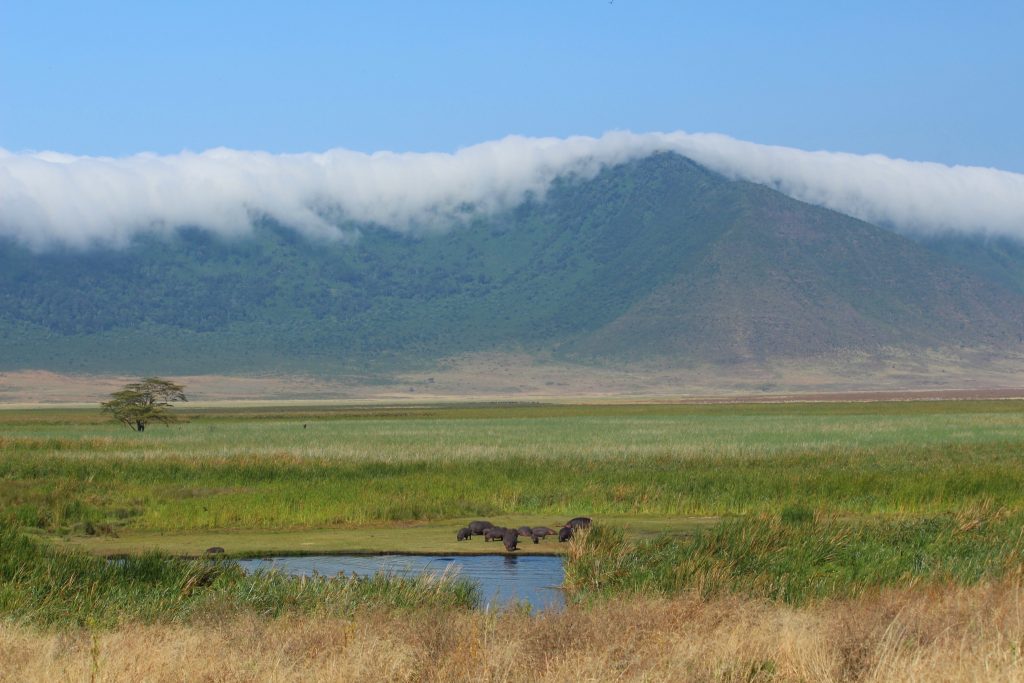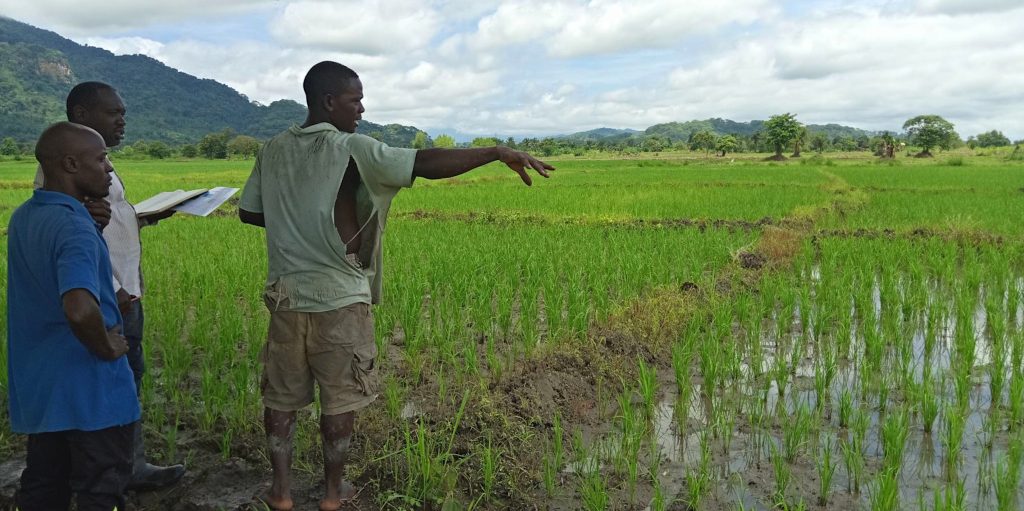Eifel Retreat – 2023
2020 was a year when the world was very uncertain about how to respond to the Covid pandemic. We were not allowed to visit our university offices, teach students or travel. Social life more or less came to a standstill. I used the free time to reflect on three questions that have been on my mind for a long time:
1. How can the vast knowledge of plant biology be integrated for the benefit of food-insecure people?
This question has been on my mind since 1984, when I worked as a field assistant for plant ecologists at Prof Michael Evenari’s reconstructed ancient Avdat runoff irrigation farm in the Negev desert. We were studying whole-plant responses to soil moisture deficits. The results are published in a book “Flux Control in Biological Systems” edited by E.-D. Schulze (1994).
I then began an apprenticeship as a farmer and realised that such valuable insights from plant ecology were virtually unknown in agricultural practice. During my later career as a scientist, I became increasingly concerned about the trend towards specialisation in plant biology towards molecular biology. Collaboration between agronomists and plant biologists became even less imaginable as the level of detail to be integrated increased. What better way to experience this than in practice, I said to myself, and spent several years working as a modeller with plant breeders and molecular biologists. Although most of the project objectives had been achieved, translating molecular biological information from a large collection of juvenile hybrids into yield variability using crop modelling and machine learning approaches proved too challenging. Discussions in our consortium were enriching and stimulated the search for future solutions.
In 2019, I reported on our experiences at the first symposium on integrated plant physiology in Sitges, Spain. I had recently returned from a research trip to the wetlands of the Kilombero Valley in Tanzania, an area undergoing agricultural development. The difficult life of rural farmers in times of global change was touching. It motivated me to conclude the presentation by saying that they need molecular biologists to keep up with the technical challenges of global change. I proposed to write an article on the subject. What followed were three intense months of writing with colleagues, some of the best moments in science I have ever had. We report on several examples where plant molecular biology and agronomy have been successfully combined. Plant physiological ecology, landscape ecology and socio-ecology have been identified as important mediators to make the results practically relevant to ensuring food security through transdisciplinary science. More details can be found in the article:
Langensiepen M., Jansen M.A.K., Wingler A., Demmig-Adams B., Adams W. W., Dodd Ian C., Fotopoulos V., Snowdon R., Fenollosa E., de Tullio M. C., Buck-Sorlin G., Munné-Bosch S. (2020) Linking integrative plant physiology with agronomy to sustain future plant production. Environmental and Experimental Botany 178: 104125 (Submitted manuscript downloadable here in case you have no access to the journal)
2. How can environmental policy make agriculture more environmentally friendly in practice?
I was politicised by my family from an early age and have been following political developments since the mid-1970s. When I was asked in 2012 to coordinate the application of the results of collaborative wetland research in East African environmental policy, I immediately accepted. The reality was more complex than we scientists had imagined. The concept of a decision tool proved inadequate for practical policy-making. We considered other solutions, but they too proved inadequate. Rather than give up and return to more familiar issues, I approached the policy makers and asked them what we had done wrong. In essence, we had confused the technical with the political framing of issues, a mistake that seems to be common in science-policy cooperation. Several visits to East African ministries and a workshop led to the idea of jointly formulating a new wetland policy framework based on the lessons learned. The discussions were enormously enriching and offered a serious opportunity to make a significant contribution to reconciling the natural sciences with the humanities at the level of environmental policy.

A number of challenging questions had to be answered: How and on what basis are environmental policy decisions made in principle? How could the wetland policy process be designed methodologically? How can political and technical decision-making be linked and embedded in the policy process? How can social deliberation on environmental values be promoted? How can plural values be reconciled? What is the role of institutions, coalitions of actors, stakeholders and lobbyists? Do qualitative and quantitative information always need to be integrated coherently? How can computers, networks and data science be used to help policy makers make sense of large streams of information? Should policy decisions be based on artificial intelligence? How can the large uncertainties in environmental policy making be managed in practice?

We concluded that environmental policy-making cannot be based on scientific-technical schemes alone, but rather requires political framing and management of socio-ecological issues. Policy-making becomes more efficient and targeted when social deliberation on policy issues is moderated by policy makers and government institutions. We have developed a new approach to support this process. A new cognitive-driven information design method is proposed. Details are given in the article:
3. How can the future imaginations of rural farmers be explored?
For many years I have tried to understand how farmers shape their future. As a trained farmer and applied scientist, my initial focus was on technical design issues. With experience, however, I came to believe that it was more important to understand what was going on in the minds of farmers and how this related to their socio-ecological environments. Together with colleagues from agronomy, agricultural economics and human geography, we initially opted for socio-anthropological interview approaches. We travelled to East Africa to conduct the first open-ended questionnaires. However, further interviews were prevented by the Covid pandemic. As I studied the information gathered, I wondered whether it was really appropriate to understand futures through socio-anthropological surveys alone. Certainly they are important in providing information about futures in situated cultural contexts. However, I wanted to focus on the principles and dynamics of future imagination, which is a psychological process.
My initial focus was on cognition, particularly memory processes. This interest did not arise spontaneously, as I had been explaining the cognitive basis of our ‘number sense’ to agriculture and biology students in mathematics and modelling courses for 20 years. After some study, however, I understood that perhaps our unconscious memory plays a much larger role in processing environmental information. The relationships between conscious and unconscious memory in mental modelling needed to be understood in order to get a grip on future imagination. However, this alone could not explain its dynamics. The role of emotions and the embodiment of environmental experiences also needed to be considered. Only by developing an integrative understanding of the roles of mind, body, environment and culture in shaping farmers’ futures could a theoretical framework be developed. Although complex enough, this has not yet led to an integrated conceptual understanding of farmers’ future-making, as environmental psychology concepts need to be embedded in the complexity of socio-ecological systems. I am currently working on a solution to this problem.

As I gathered material for the review, I was struck by the sad reports of widespread deterioration in farmers’ mental health and increasing suicides. I hope our review will help raise awareness of what farming means to farmers, how important they are to society and how a sustainable future for farming depends on a healthy relationship between the two. You will find more details about this article once it has been accepted for publication. It is currently in major revision.
Conclusions and way forward
The Covid pandemic provided a rare opportunity to reflect deeply on challenging issues at the interface of science and the humanities that have long preoccupied me. By writing three review articles together with colleagues, we have shown that leaving well-trodden paths and branching out into unfamiliar territory can provide new ideas for meeting the challenges of our time.
